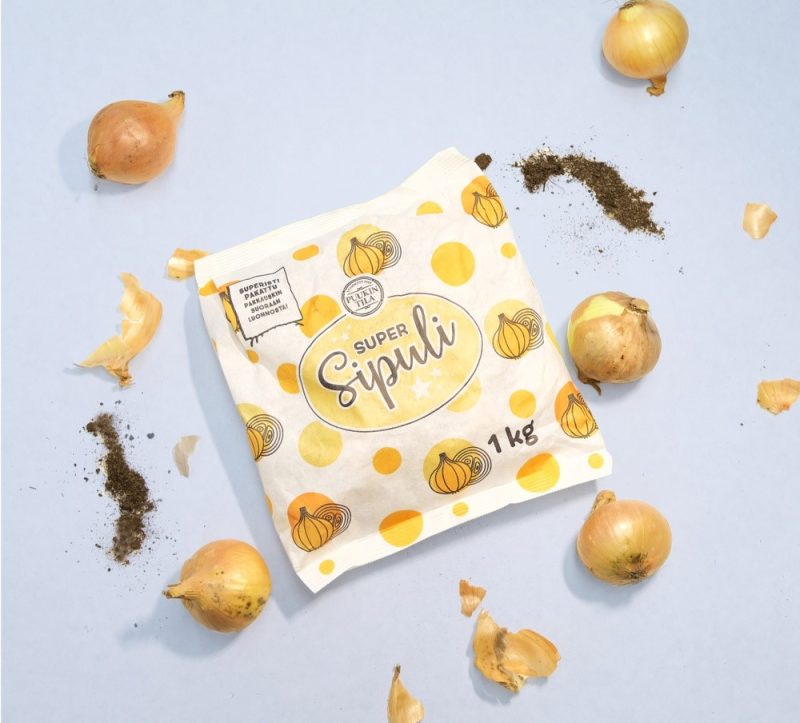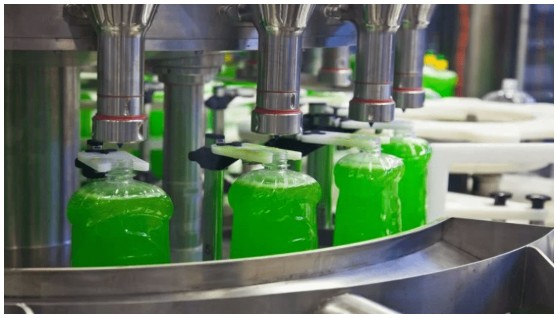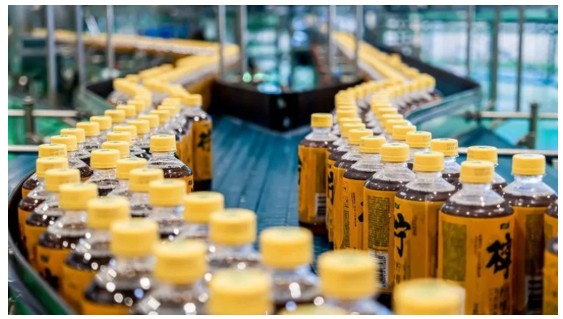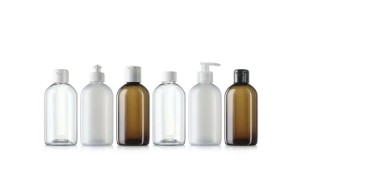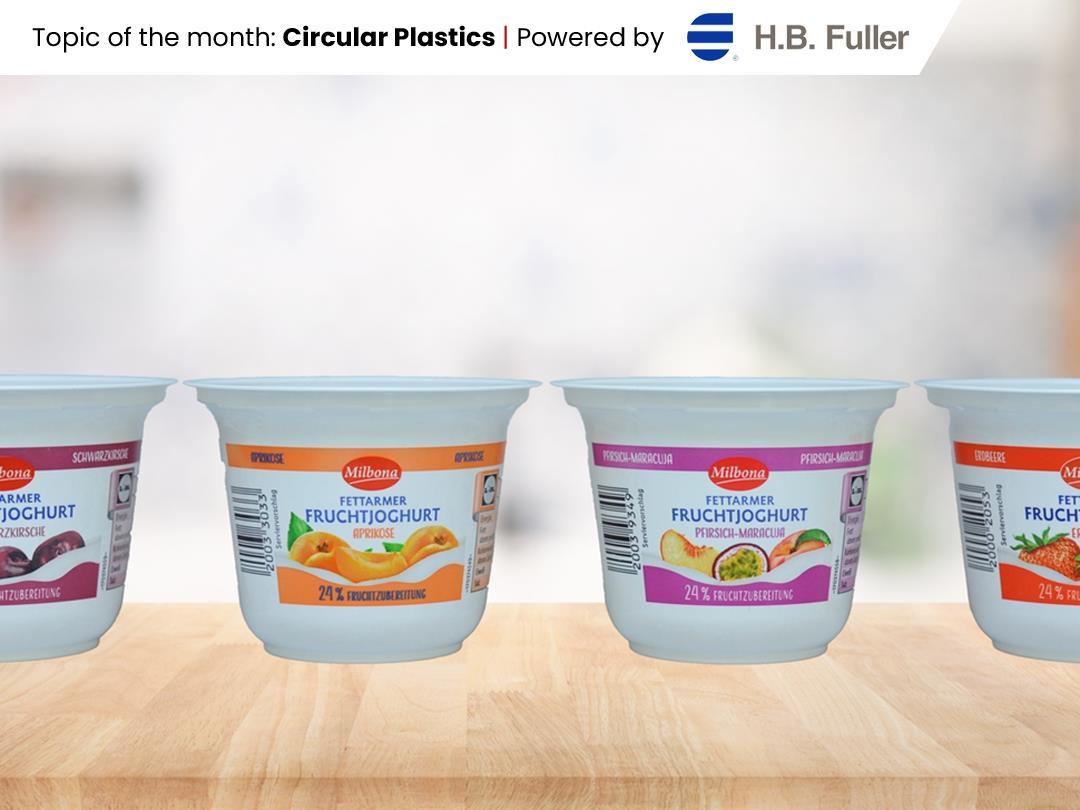A new recyclable vegetable packaging made of Paptic® material has been awarded a ScanStar in a Nordic packaging design competition organised by the Scandinavian Packaging Association.
The awarded packaging solution for Puukin Tila was developed to replace plastic in vegetable packaging end-use. It is a soft and durable pouch, enhancing the brand value, expanding the current sustainable packaging window and in addition, the vegetables stay fresh longer. The Paptic® material is cellulose-based, recyclable, moisture resistant, and well convertable with the existing package production lines.
The competition entry package was invented when Paptic Ltd and Marvaco Ltd joined forces to respond to a call from Puukin Tila to replace plastic in onion packaging. Paptic®, fiber-based material, and Marvaco Expanded Gamut Printing with Flint Group C2C inks made the new, truly sustainable vegetable packaging possible. In the optimized packaging, all sustainability aspects were considered, including the substrate, design, printing, and inks.
The competition jury valued that there is potential to use this solution in other packaging applications than only in vegetable packaging. It has good printability and replaces plastic in packaging.
The awarded solution was developed to keep the products fresh for longer and to minimize packaging waste
Paptic® is a wood-fiber based substrate to replace plastics in packaging. The lightweight material is soft, with excellent puncture and tear resistance and heat sealability properties. Katja Jokiaho, Head of Sales from Paptic, clarifies: “Many products are overpackaged because there are no alternatives to plastic-based solutions. Various products benefit from being packed in breathable materials.”
Sustainability was taken into notice also in the packaging layout design. “Our aim was to create a simple, sustainable design for onions by reducing ink consumption and the number of colours used in printing”, explains Mirva Koskinen, Brand Sales Manager at Marvaco. We minimized the number of inks to only three colours, but still, the colorful design was possible due to the process of printing. With Flint Group’s water-based ink offering, we were able to eliminate the use of heavy metals and minimize waste. The Cradle-to-Cradle Gold-status certified inks offer industrial compostability. Despite the environmentally wiser choices, the desired colourful design was achieved.
Petri Puukki, the owner of Puukin Tila, is satisfied with the results: “We wanted to make a difference and pack our locally produced onions in a sustainable way. The material selection keeps the onions fresh for longer and the new packaging also looks fresh!” The project was completed in just a few months.
Source:

